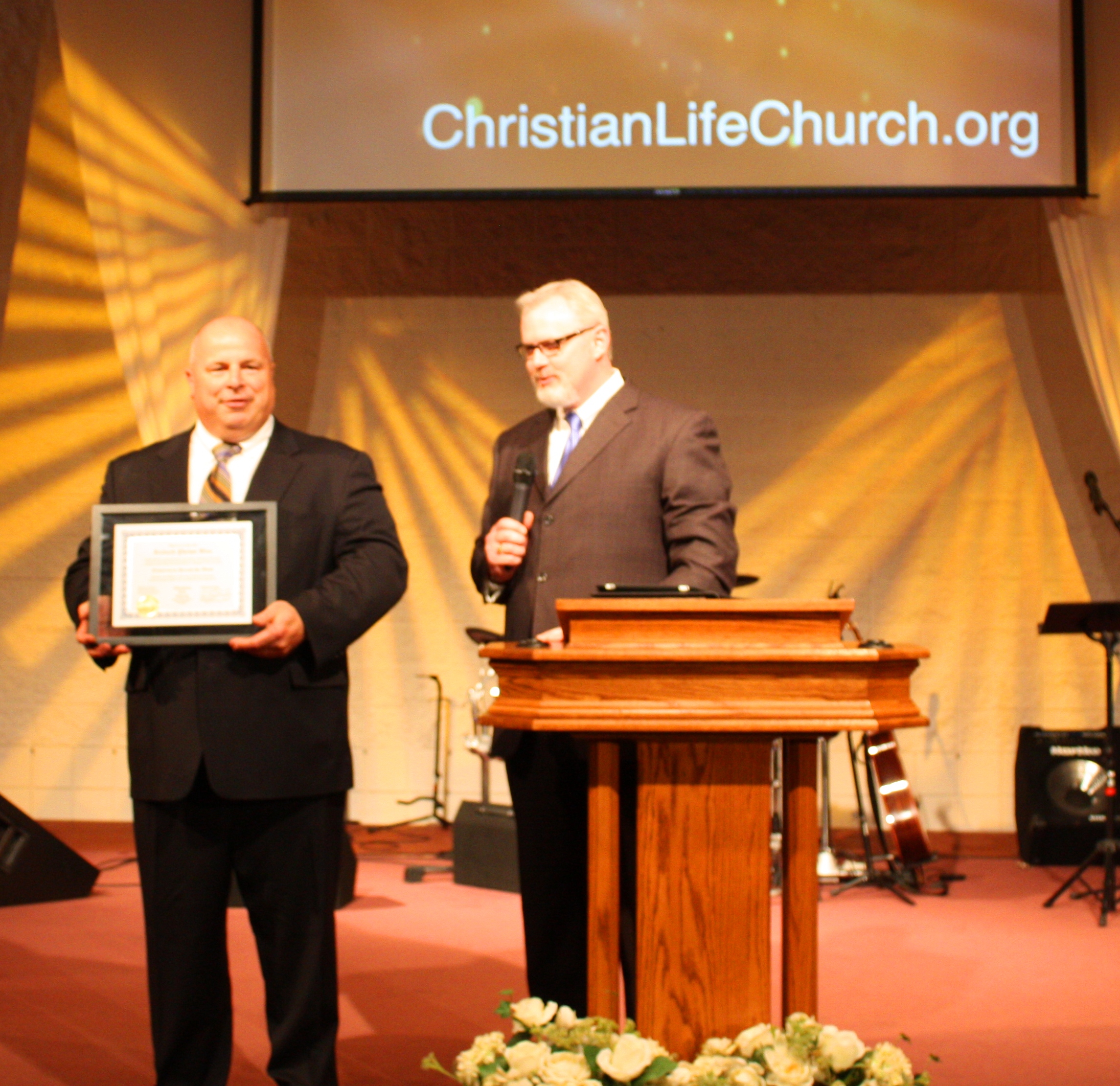(This blog is adapted from the first chapter of Rich’s soon to be released book, Grappling with God: The Battle for Authentic Faith. This book follows the life transforming work being done for over 20 years at the Center for Christian Life Enrichment.)
“For the Son of Man came to seek and to save the lost.” Luke 19:10
My wife, Sue, and I had just moved to Corvallis, OR. This was our first assignment in the campus ministry we had recently joined the staff of. We had chosen our church home and were starting to make friends. I was both hesitant and hungry to form new relationships. One Sunday I noticed a guy smoking cigarettes in the parking lot in between services. I was immediately drawn to him and started talking to him. Instantly, Dennis and I became buddies.
What was I looking for? Was I looking for a rebellious smoking brother? No, I think I was looking for authenticity. I was looking for someone I could trust to be him or herself. I had noticed that once people, including myself, placed their faith in Christ, they slowly became more secretive about their struggles. They seemed to feel the need to foster the illusion that they were pure and perfect. I often found people outside the faith to be more open and honest about how they were struggling and hurting.
Christians often stress the difference between themselves and non-believers. There are a number of words used to describe those who are outside the fold—unbelievers, non-Christians, seekers, sinners, and those who are lost. Those who go to great lengths to emphasize the distinction scare me. It has often been my experience that those who think they are found are often the most lost. Those who think they are lost know it and are open to help.
Christians, like any identified group of people, naturally want to delineate themselves as a unique and distinct tribe. We are like animals and seek the security of forming packs, gangs, clans and tribes. Unfortunately, one of the side effects of this clannish tendency is that we feel compelled to emphasize why our clan is superior to all those around us. Tribalism offers security while fostering division, distrust and enmity. We become quick to judge who is inside and who is outside our community.
The story of Zacchaeus in the Gospel of Luke (19:1-10) speaks to this human tendency. Jesus was walking through Jericho. His fellow countrymen hated Zacchaeus, the chief tax collector, because he worked for the Roman occupiers and was compensated according to the amount of money above and beyond the taxes he collected. He was extremely powerful and wealthy. He was seen as corrupt, immoral, unprincipled, and a defector. His old gang, known as the JJ’s (Jews of Jericho), despised him.
Jesus was walking through town and Zacchaeus desperately wanted to see him. In addition to being undesirable, he was of small stature and could not see above the crowds. He ran ahead and climbed a tree in order to see Jesus and possibly get his attention. Why would this guy be so interested in Jesus? He would seem like the most unlikely candidate. He had what everyone wanted—position, power, and lots of money.
addition to being undesirable, he was of small stature and could not see above the crowds. He ran ahead and climbed a tree in order to see Jesus and possibly get his attention. Why would this guy be so interested in Jesus? He would seem like the most unlikely candidate. He had what everyone wanted—position, power, and lots of money.
As Jesus was walking by, he looked up in the tree and saw Zacchaeus. He called him by name and said that he needed to stay at his house. Zacchaeus immediately came down and enthusiastically invited Jesus to come to his house. Zacchaeus was so moved, he repented of his evils and declared his intention to make amends to all those he had cheated.
What a sudden turn of events. Zacchaeus was now in good shape while those around him were dying. How could the tables have turned so quickly? Of all the people to show kindness to–why would he have to give grace to Zacchaeus? He’s a reprobate and a traitor. The disciples liked Jesus’ message of compassion and forgiveness; however, they wanted Jesus for themselves and their community.
Zacchaeus was the most unlikely disciple. But, was he really? We all long to belong and be loved and accepted. We are divinely designed—hard wired—with a hunger for intimacy and community. Even though Zach apparently had everything, he more than anyone knew he was lost and lonely. He was starving for deeper and more meaningful relationships.
His strategies for finding satisfaction had failed. He was unashamed of his hunger for relationship with Jesus. Instead of hiding, Zacchaeus hurled himself toward Jesus. He knew his ways were not working. He was ready to give up everything in order to taste the bread of life.
May we never forget that we too are lost. Let’s all go climb a tree and cry out to be seen by a God who knows our hunger. He also knows our name and wants relationship with us regardless of what we have done. Let’s tear down the walls that divide us and rally around our universal hunger for intimate and authentic relationship with one another.
Listen to the words of the Apostle Paul, who too was tempted to judge others instead of showing mercy and grace.
You, therefore, have no excuse, you who pass judgment on someone else, for at whatever point you judge another, you are condemning yourself, because you who pass judgment do the same things. Now we know that God’s judgment against those who do such things is based on truth. So when you, a mere human being, pass judgment on them and yet do the same things, do you think you will escape God’s judgment? Or do you show contempt for the riches of his kindness, forbearance and patience, not realizing that God’s kindness is intended to lead you to repentance? Romans 2:1-4





